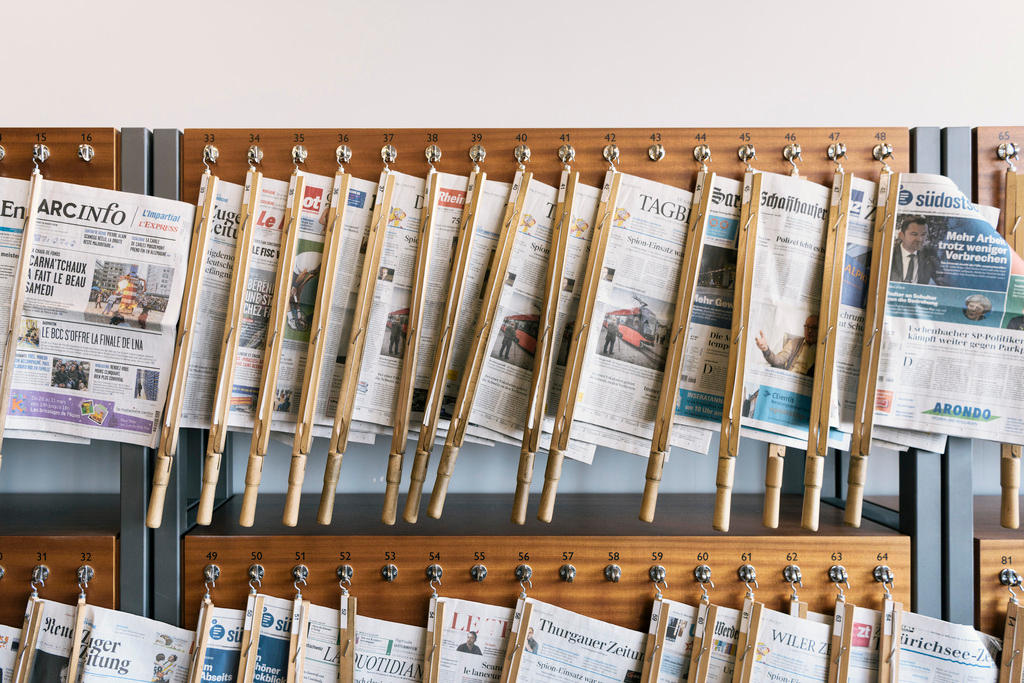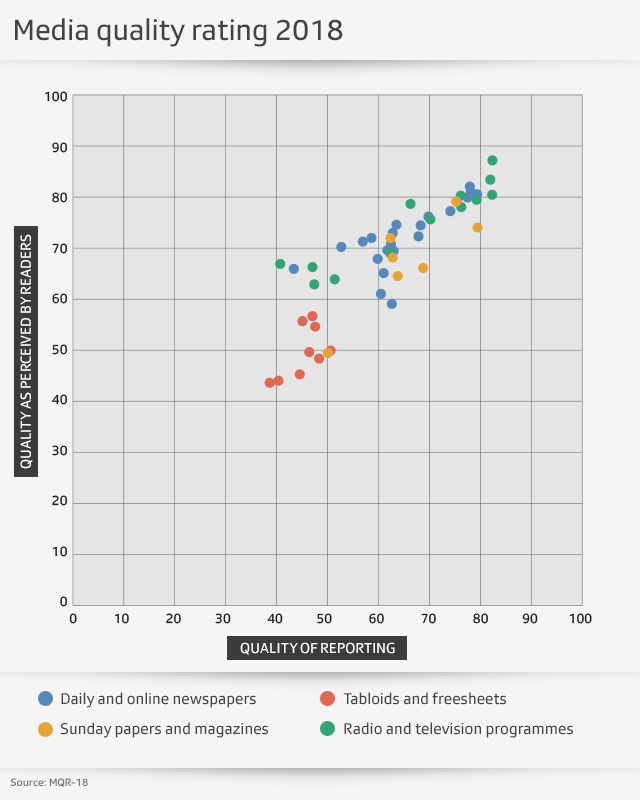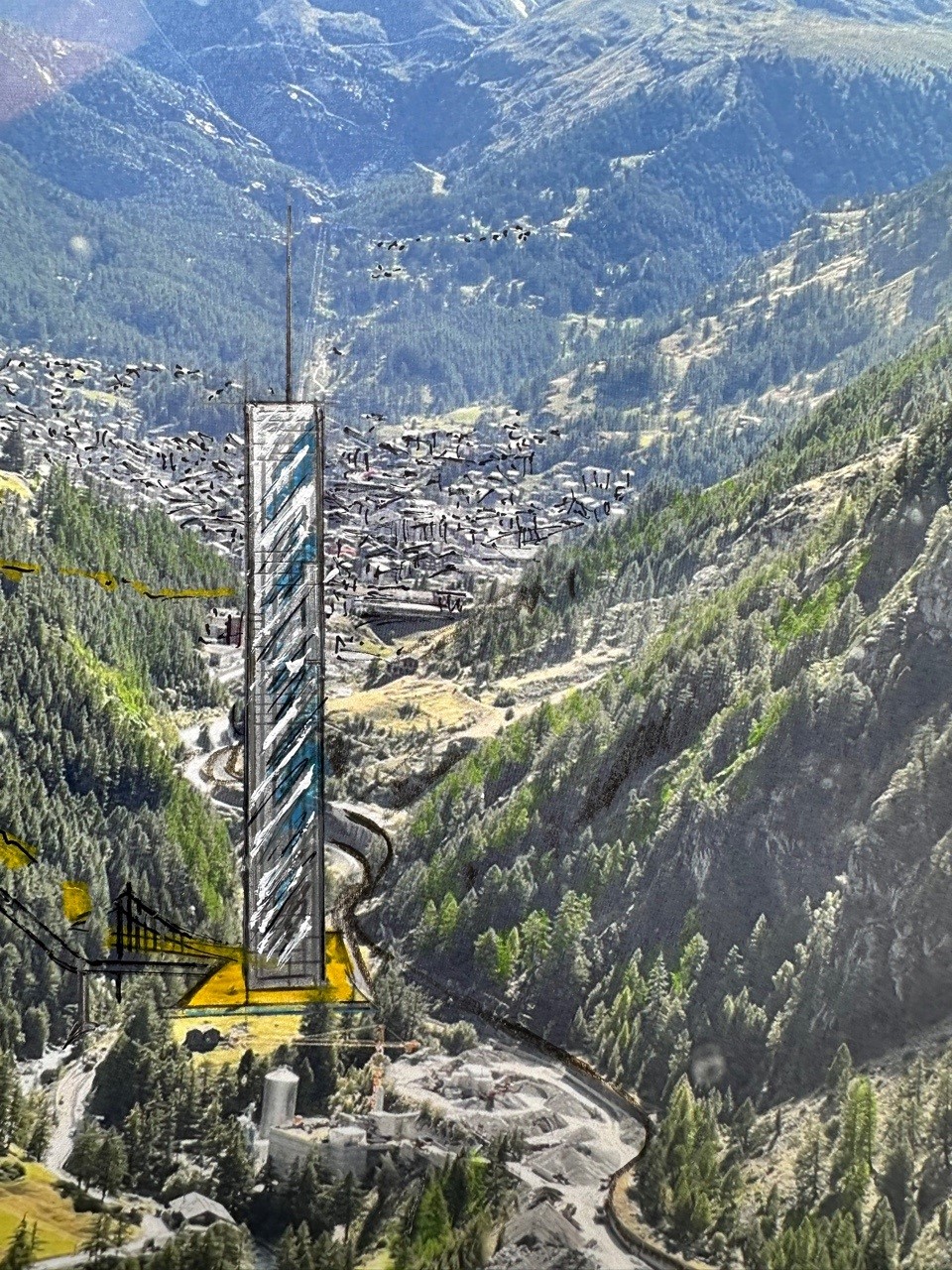
Swiss public broadcaster bucks downward media trend

The overall quality of journalism is dropping in multilingual Switzerland, where newsrooms are shrinking and where the public narrowly rejected an initiative to abolish licence fees for the national broadcaster this year, according to a comprehensive study.
The Swiss Media Quality Association reached this conclusion in a surveyExternal link of the 50 most important newspapers and radio and television programmes, including multiple regional titles. The study analysed how often and how widely programmes and newspapers reported on politically relevant topics. It checked whether media put these events into context or simply depicted what was happening.
Mark Eisenegger from the University of Zurich, one of the authors of the study, attributes the problem to resources: private media companies have not yet found a business model that generates sufficient income from online journalism. At the same time, newsrooms are resistant to “direct media promotion” as a solution.
“The basic problem of resources has not been solved,” he said.
The Swiss Broadcasting Corporation (SBC), swissinfo.ch’s parent company, performed well in the ranking, scooping the top three spots with current affairs programmes “Echo der Zeit” and “Rendez-vous” and news programme “10vor10”.
“We attribute this to the intensive discussion surrounding the No Billag Initiative [to abolish licence fees],” said Andreas Durisch, another author of the study, which drew on the expertise of researchers from the universities of Zurich and Fribourg.
+ A failed attack on the public broadcast license fee
The rating measures the quality of media coverage through content analysis and quality perception using a representative public survey.

The top newspapers are the Neue Zürcher Zeitung (NZZ) and Le Temps, with the NZZ am Sonntag taking the crown for the Sunday titles. Out of the 50 media outlets scrutinised, 15 had lost quality points for their coverage, while only four showed signs of progress compared with 2016, when the previous assessment was conducted. The most important declines were registered by regional subscription newspapers.
Durisch says the driving factors for this development are “a loss of thematic diversity and a decline in background reporting. The pressure to save is taking a toll on print newsrooms, especially for the regional titles”.

In compliance with the JTI standards
More: SWI swissinfo.ch certified by the Journalism Trust Initiative






























You can find an overview of ongoing debates with our journalists here . Please join us!
If you want to start a conversation about a topic raised in this article or want to report factual errors, email us at english@swissinfo.ch.